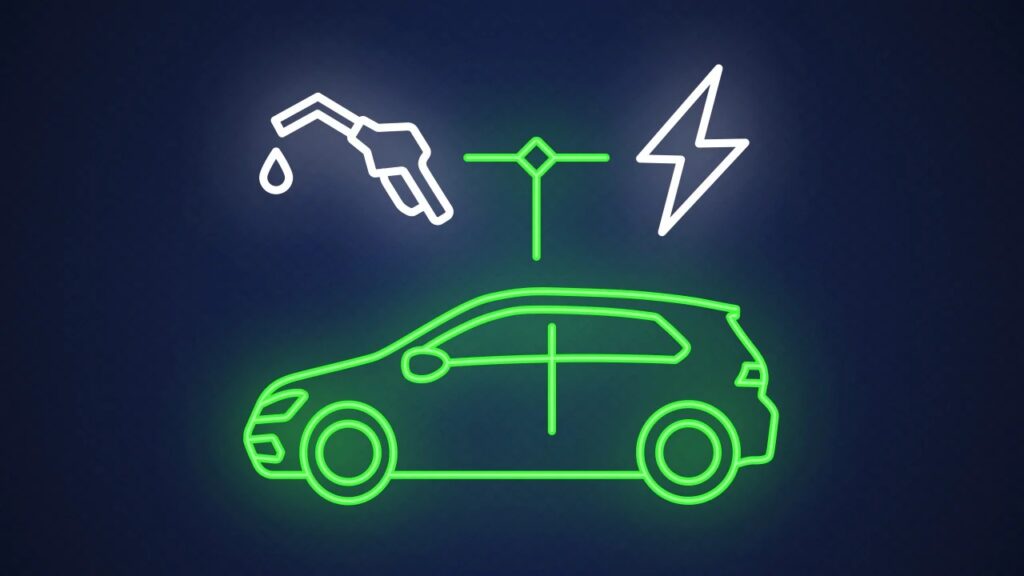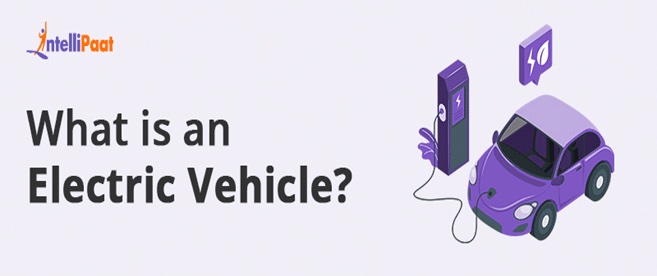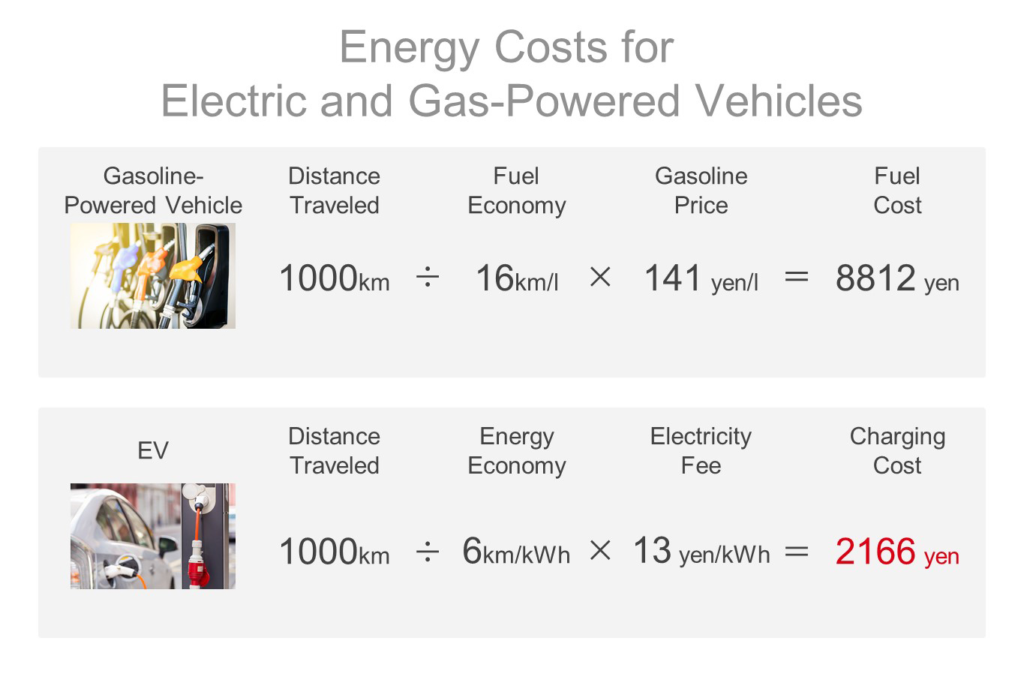What is the first thing that you think about when you hear the word electric vehicle. Nine times out of ten it is either Elon Musk or a Tesla. This comes to no surprise as they were the first mover in this space and have maintained a pretty substantial portion of the electric vehicle market. Do you remember watching movies such as Back to the Future? Some may remember more animated movies such as Meet the Robinsons. My point is, in these motion pictures, they gave a glimpse into what many individuals believed that the future would like. It was highly represented by flying cars and insane technology. Although we are not at the stage of flying cars yet, I did want to open this blog post by putting into perspective just how much progress we have made in the past decade.

Brief History
It’s important to mention that Tesla is not the first electrically powered vehicle. This technology has actually been around for quite some while now, dating all the way back to 1830. In this time period, a man by the name of Robert Anderson built the first electrically powered vehicle. The vehicle actually gained a lot of traction during this time. EVs reached their prime at 33% of all vehicles on the road before World War I. However, after the mass adoption of the internal combustion engine car, gasoline-powered car sales spiked. At this time, most people did not really understand the amount of environmental damage that would occur because of the cheaper decision because it really didn’t matter at this time, For the majority of time since then, EV has substantially declined almost to the point of no return. This was until the early 2000’s when the resurrection of EV really began. General Motors led to the revival as they were the first organization to mass produce these vehicles again. Soon, many other companies followed suit and used their blueprint as an example for production. Fast forward a couple more years and you begin to see the rollout of hybrid models, with the Toyota Prius being one of the first. In addition to this, Tesla was founded in 2003. 10 years later Tesla began to role out the Roadster and the whole world went into hysteria. Now it seems as if EV is mainstream with steep future projections that we will hit on later.

What took so long?

Many people wonder, if the technology was around for so long, why have electric vehicles not been on the market for a much longer time? The market simply was not ready for electric vehicles and there are still a lot of noticeable drawbacks. Some of the things that people hold against them includes their limited range, lack of different colors, high upfront cost, and the early adopters could rarely find any charging stations.
Although, this is a class centered around innovation, so it’s only fair to mention how the EV market has continually and exponentially progressed. Some of the new technology includes autonomous driving features. A little bit of a subtopic, but it is projected that with the influx of individuals crowding in big cities, autonomous driving will be a huge consumer trend. Many electric vehicles are able to automatically update as well. Think of you car as a phone that is able to receive a software update while it’s charging and better be able to optimize performance in the morning. Tesla is known for having a high retention in market value. It’s been interesting to see Tesla refute the timeless claim that your car loses value the second you drive it off the lot.


Insights
In a publication by Ernst & Young, EV’s are outpacing all previous projections. It is thought that the EV market could account for almost 55% of total global automobile sales in 2030. Although, they have also stated that the EV market will soon hit its inflection point. If you remember from class, we have spoken about inflection points and hype cycles in relation to AI and how it is being received by consumers. Another article outlined that there are 6 principles that the EV market must integrate in order to successfully adopt into our society fully.
These include the following:
- A resilient supply chain – Demand for EVs is accelerating, but rollout is being hampered by supply chain constraints.
- Clean and Green Power – Renewable production must increase to both decarbonize the grid and meet anticipated EV demand.
- More accessible charging stations – EV adoption will stall without a public network of fast chargers for drivers who can’t charge at home or at work, as well as for long-distance drivers and those in need of a quick top-up.
- A smart grid – The more charging infrastructure we install, the greater the demands on the electricity grid. Once EV stock exceeds 20% of electricity demand, the need for grid upgrades becomes significant
- Digitization – Data storage, ownership, usage and regulation must be resolved to allow enhanced eMobility services and monetization.
- Skilled Labor – In the US, a net gain of two million jobs would be realized in 2035 if all new car and truck sales were electric
EV Companies to Watch out For
The electric vehicle market has gone through many of the phases that AI has gone through in terms of having an influx hopeful new companies enter the market before they eventually crash out. Luckily for consumers, many of the top EV companies to look out for are ones you are already familiar with. Companies such as Ford, General Motors, Volkswagen, and of course Tesla have become mainstays in the auto industry. Some of the newer companies to watch out for include NIO a Chinese EV manufacturer, Amazon backed Rivian, and BYD Company Limited (another Chinese automaker). It’s safe to say the world is heading in the direction of EV’s. The question will soon switch from “Should I get an electrically powered vehicle?”, to ” What brand should I choose now? The future is here. The choice is yours.